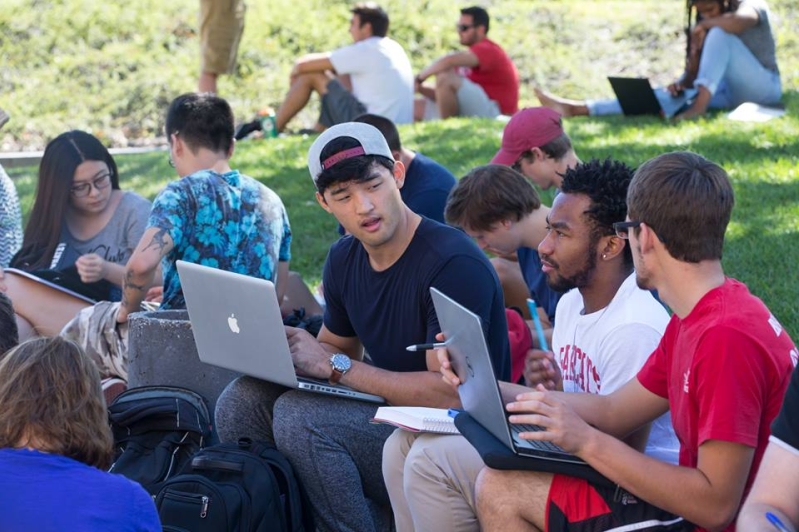
Student religious expression is being explored from various perspectives in America's Midwest. Conversations about holding the scriptural belief and Darwinian evolution concepts as equally valid within a scientific classroom continues on the University of Cincinnati campus. House Bill 425, known as the Ohio Student Religious Liberties Act of 2016, passed the Ohio Legislature last week, drawing many responses, from campus ministers to anthropology professors to the campus' Secular Student Alliance.
The bill would alter the current law that limits religious expression to non-instructional periods, and would allow a student to engage in religious expression "before, during, and after school hours ... to the same extent that a student is permitted to engage in secular activities."
The bill's sponsor, Representative Bill Hayes (R-Harrison Twp.), specifically put forth in the legislation: "No board of education of a school district shall adopt any policy or rule respecting or promoting an establishment of religion or prohibiting any pupil from the free, individual, and voluntary exercise or expression of the pupil's religious beliefs in any primary or secondary school."
While the bill largely addresses the issue of religious expression in public schools, one section of the bill prohibits a school from penalizing or rewarding a student's religious expression when completing homework or other assignments, meaning that creationist answers could be treated with the same validity as evolutionary ones, according to The New Record.
Most people who responded to the bill noted its implication could be felt across all institutes of higher learning.
Jamie Noyd, a campus staff member at InterVarsity Christian ministries, told The New Record she knows several devoutly religious students who choose not to profess their faith publicly because they fear negative repercussions.
Campus ministry officials said students express trepidation in commenting on their belief in academic matters.
"I would mark that student wrong for that answer," said Brittany Lowe, a fifth-year biological medicine student about how she would deal with creationism within an evolution class. "Why are you even in the class if you don't believe in what's being taught? In any science or biology class, it's not about what you believe, it's about the facts and I think that keeps everyone on the same page."
Other students said they are wondering if the idea of religious liberty would be detrimental to the academic experience of religious students themselves.
"It's a misinterpretation of the religious principle. To purposely limit your exposure to the world to one single religious interpretation is very reductive and limits your scope. Learning is about incorporating all these different principles and figuring out their meaning," said Garek Bushnell, a first-year exploratory student considering a scientific field.
Some students indicate they don't see harm in the bill but do understand how the overall gist might bother some instructors who perceive it as an endorsement of creationism in a scientific classroom.







